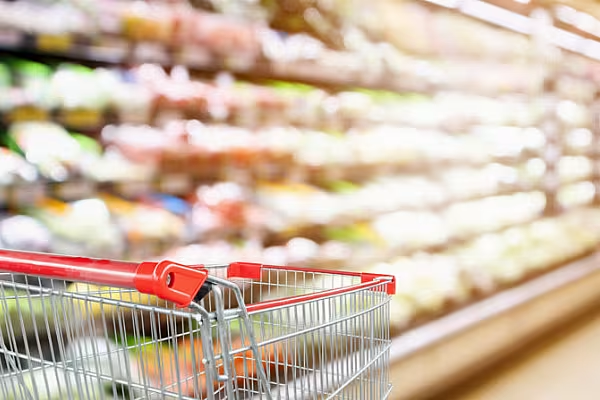Britain's high food price inflation has not been driven by weak retail competition, the country's competition regulator said in an initial update of its probe into the sector.
The Competition and Markets Authority's (CMA) report was published after some politicians, consumer groups and trade unions claimed supermarkets were profiteering during a cost-of-living crisis – a charge the grocers reject.
It added that operating profits in the retail grocery sector fell by 41.5% in 2022/23, compared with the previous year, while average operating margins fell from 3.2% to 1.8%.
This is due to retailers’ costs increasing faster than their revenues, indicating that rising costs have not been passed on in full to consumers, it noted.
Earlier this week, British consumer group Which? urged the government to take action to support households when the competition watchdog publishes its review of grocery pricing, saying some food prices have jumped by as much as 175% since 2021.
The regulator also observed that consumers are shopping around to get the best deals, and discount retailers – Aldi and Lidl – have gained market share, which suggests retailers are restricted in their ability to raise prices without losing business.
Major Strain On Household Finances
According to official data, UK food price inflation reached its highest since 1977 in March at more than 19%. It has since slowed to 17.3% in June, but is still a major strain on the finances of many households.
The CMA did, however, say that rules on so-called unit pricing, or how much a particular product costs by weight or volume, should be tightened and retailers must comply to help shoppers compare prices easily.
The regulator said the next phase of its probe would examine competition and prices across the supply chain.
Meanwhile, British grocery inflation eased for a fourth month in a row in July, seeing its steepest decline since it peaked in March this year, according to the latest data from Kantar, providing a bit of relief for cash-strapped consumers suffering from high prices. [Additional reporting by ESM]










